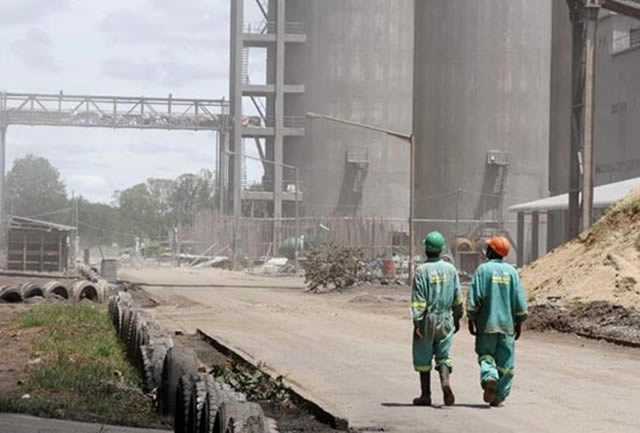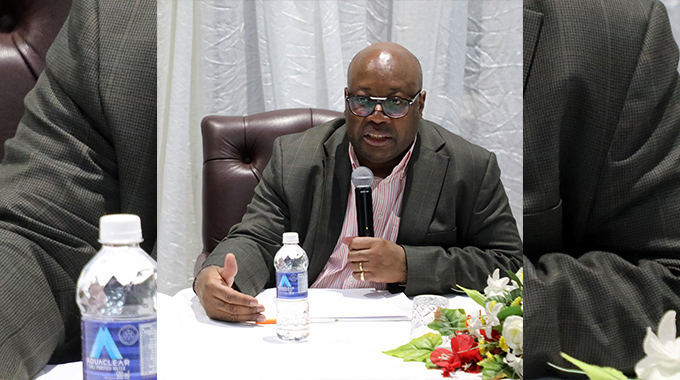Power cuts cost economy $2bn annually

 Dosman Mangisi Mining Correspondent
Dosman Mangisi Mining Correspondent
ZIMBABWE could be losing $2 billion annually from incessant power cuts which continue to affect productive sectors of the economy, an expert has said. Load shedding has a crippling effect on economic growth, said Gift Mugano, a renowned economist, visiting lecturer at the University of Zimbabwe and a research associate with the Nelson Mandela Metropolitan University in South Africa.
Contributing during a discussion on barriers to industrialisation at a function organised by the Zimbabwe National Chamber of Commerce (ZNCC) in conjunction with the Swedish Chamber of Trade in Harare last week, Mugano said power outages cost the country the equivalent of half of its annual national budget.
Finance and Economic Development Minister Patrick Chinamasa has pegged the budget for 2016 at $4 billion. “We’re saying load shedding is costing the economy about $2 billion every year, which is 50 percent of our national budget,” he said.
“This is coming in the form of additional expenses to companies when they are installing heavy duty generators. Companies are wasting resources buying generators and fuel throughout the year to supplement power.
“What it means here is that the total cost is equivalent to the price of setting up a new power plant, which can generate above 300MW per year. This means in six years we could be self sufficient in terms of electricity requirements.” Mugano said mining and manufacturing industries incurred a lot of expenses in order to have power for operations but still suffer from load shedding.
He said companies with the biggest power consumption have since scaled down production. “Think of mining companies, platinum mines, chrome smelters and gold producers who are the largest consumers of electricity. That’s why some have scaled down operations,” said Mugano.
“There are those who are into processing and manufacturing like Lafarge, Sable Chemicals and Delta who consume a lot of power. You can imagine what type of generator they’ll use to power their plants.
“If you go to the services sector they’re not the biggest consumers of electricity and their costs are not that much.” Mugano, however, said the granting of licences to independent power producers and tapping solar and gas projects was progressive.
The government is pursuing several power projects set to increase power output to 5,000MW from about 1,400MW. The country, at present, needs about 2,200MW. “We see the efforts around additional power generation. More can be done to create an enabling environment where companies invest in new technologies which consume less power because some of our old technologies consume more power,” Mugano said.
Power outages have forced companies like Sable Chemicals to shelve part of its operations in the electrolysis of ammonium nitrate fertiliser. The technology consumed about 10 percent of domestic output. Mining companies have bemoaned high energy costs with the Chamber of Mines in Zimbabwe calling for a flat rate.










Comments